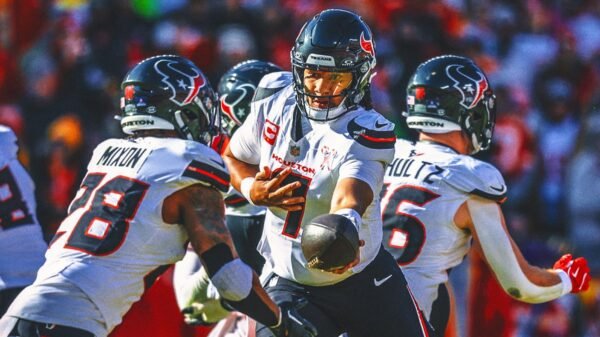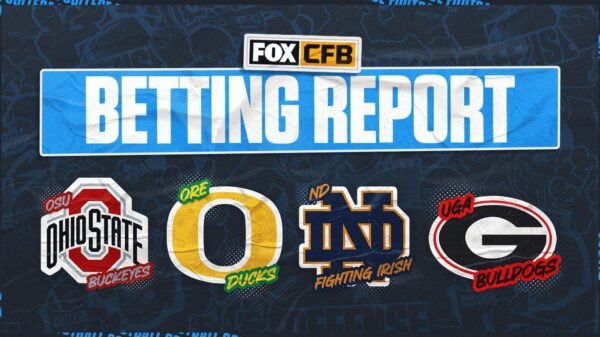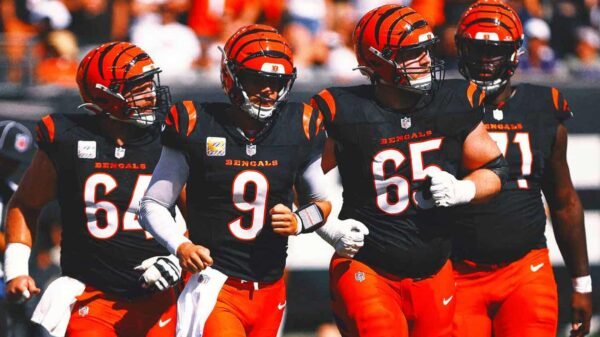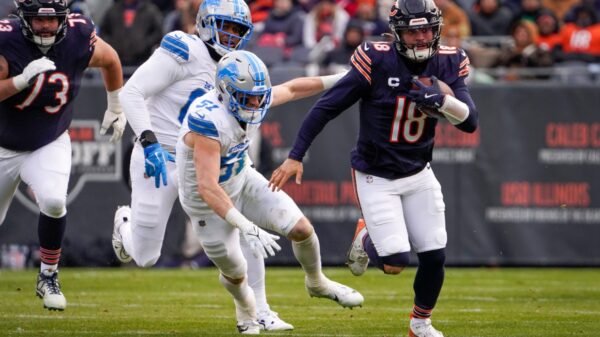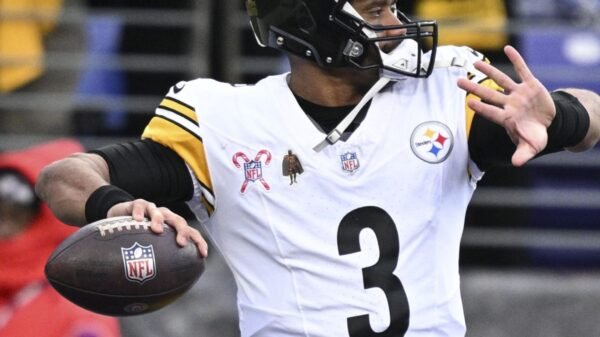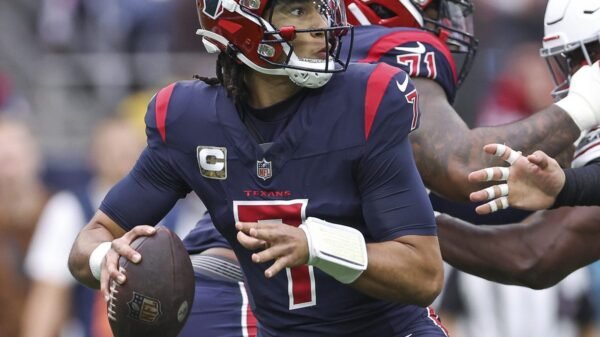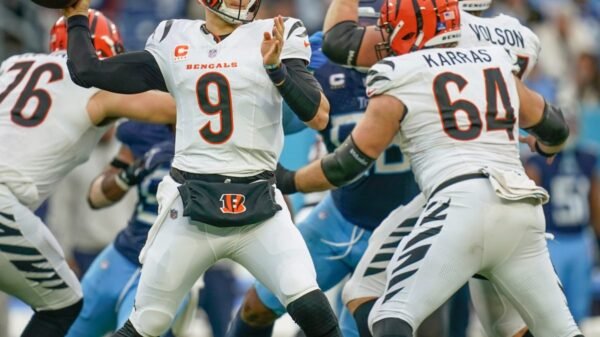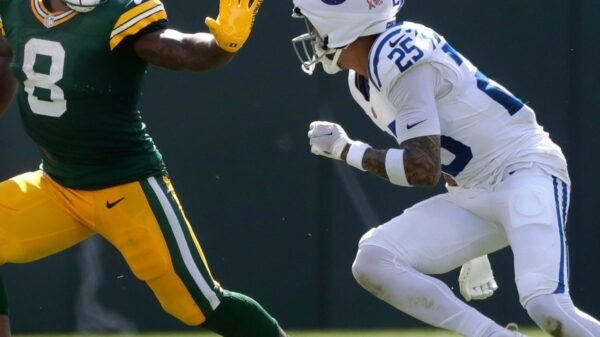Sports betting in the United States has changed dramatically since PASPA was repealed in May of 2018. In fact, the pace is moving so fast, it is hard to keep up. Though this is not necessarily a bad thing, it does mean that the sports wagering industry is expanding to fill the void that US bettors have experienced for many years, and most state lawmakers are on board with the plan of pioneering domestic US sports betting.
Despite the repeal of PASPA, state regulated sports betting has emerged as a new way for American sports fans to bet alongside legitimate offshore sportsbooks that have operated legally and reliably for decades. To help everyone stay on top of which states allow or prohibit these different forms of sportsbook gambling, we’ve broken the information down a few different ways.
Where Is Sports Betting Considered Legal In The United States?
Prior to May 2018, Nevada was the sole state with full-service state-regulated sports betting options. Currently, there are 19 states, including the District of Columbia, offering domestic legal sports betting. Connecticut and Washington have passed policies outlawing access to all forms of online gambling, while in most states players are permitted access to offshore sportsbook sites. In every other state, residents can access offshore sportsbooks legally without breaking the law.
List Of States That Have Already Legalized State Regulated Sports Betting
How many US states have legalized state-regulated sports betting options? More than 20 US states offer legalized state-regulated sports betting options currently, though that number can be reduced by one if you consider the tribal loophole utilized by New Mexico Indian nations does not constitute specific state approval.
While numerous states have enacted legislation authorizing sports betting in their state, no sportsbooks have been launched, and legislation is pending in other states.
The following is a breakdown of the states that allow domestic sports betting entertainment and the states that have passed legislation in the past or are currently considering legislation. * indicates that sports betting is legal in these states, but brick-and-mortar or online betting is still unavailable.
List Of U.S. States That Don’t Criminalize Offshore Betting
Regardless of whether or not you live in one of the states above that has passed legislation to legalize sports betting, you still have many options to bet on sports within the confines of the U.S. law. The most important thing to understand regarding gambling is that there are only two states specifically prohibiting gambling through an offshore site. These are Washington and Connecticut. So if you reside in any other state and choose to gamble with an offshore sportsbook, you won’t be breaking any laws.
| U.S. States | |||
|---|---|---|---|
| Alabama | Alaska | Arizona | Arkansas |
| California | Colorado | Connecticut | Delaware |
| Florida | Georgia | Hawaii | Idaho |
| Illinois | Indiana | Iowa | Kansas |
| Kentucky | Louisiana | Maine | Maryland |
| Massachusetts | Michigan | Minnesota | Mississippi |
| Missouri | Montana | Nebraska | Nevada |
| New Hampshire | New Jersey | New Mexico | New York |
| North Carolina | North Dakota | Ohio | Oklahoma |
| Oregon | Pennsylvania | Rhode Island | South Carolina |
| South Dakota | Tennessee | Texas | Utah |
| Vermont | Virginia | Washington | Washington D.C. |
| West Virginia | Wisconsin | Wyoming | |
States Where Online Sports Betting Is Considered Illegal
A few states have taken an extra measure to strengthen their enforcement of anti-gambling laws to keep their residents from engaging in any form of gambling on the Internet, including online sports betting:
- Washington
- Connecticut
Since early 2021, there are only two states that have taken this approach. They each have their own state laws that outlaw all forms of gambling on the Internet, regardless of its source. However, Connecticut and Washington both have sports betting legislation currently on the table as well as a sports betting bill passed by Washington last year.
Some states have also enacted laws prohibiting state-regulated sports wagering, including:
- Utah
- Vermont
- Alaska
- Hawaii
As Hawaii and Vermont already have pending bills in their legislatures that permit sports wagering, we’ve seen that this can also change.
Understanding States’ Rights
A Formal Opinion issued by the US Department of Justice in 2011 clarifies that the Wire Act only relates to US-based online sports gambling businesses. This has increased the freedom for US governments to regulate online casinos and poker as well.
However, the application of this law changed in 2018 with the repeal of PASPA and again in 2019 with another clarification of the law’s reach post-PASPA. Under the Act, all state-regulated gambling cannot be done across state lines, meaning that businesses must operate within their state. Courts may be challenged on this interpretation of the Wire Act, so the application could again change.
Until its repeal in May of 2018, PASPA was a federal ban that superseded states’ rights. There was an argument that the PASPA violated the constitutional rights of states. Under PASPA, the states could not authorize or license sports betting enterprises themselves. As a result of a lawsuit filed by the major sports league in the US, NJ took action against PASPA.
The Supreme Court ruled that PASPA was indeed unconstitutional, which nullified PASPA and made the law null and void, and it is now the responsibility of the individual states to regulate sports wagering.
Make Your Voice Heard
By contacting your state representatives and encouraging them to vote on matters you support, you can help with the ongoing legal disputes regarding US sports betting. Contact your state representatives and tell them to vote in favor of sports betting legislation.
Understanding The Legal Gambling Age Of Each State
State gambling age requirements help prevent minors from participating in both brick-and-mortar and online gambling platforms. Most states have a gambling minimum age between 18 and 21. Many state-regulated sports betting platforms require minimum ages of 21 to participate, but there are exceptions. Make sure you are within your state’s gambling laws before engaging in gambling.
Sports Gambling – By The Numbers
There is still sports betting, no matter what the law says. American bettors are flocking to regulated offshore sportsbooks or illegal bookies to place their wagers. Sports gambling is a billion-dollar industry.
To put things in perspective, here are some sports betting statistics from Super Bowl LIV provided by the American Gaming Association for 2020.
- 26 million—Number of American adults to bet on SB54
- 5 million—Bets placed online/offshore
- $6.8 billion—Total Super Bowl betting handle
- $154.7 million—Legal bets placed in Nevada
- $6.65 billion—Gray-market bets placed everywhere else
- 97.7%—Percentage of all bets placed through non-US-licensed means
- 25%—Increase in total Super Bowl bets from the previous year
Another estimate by the AGA is that a total of $40 billion will be wagered on MLB games throughout the next season. Imagine if this type of revenue was regulated. Since the market already exists, why not regulate it to make it work towards our mutual benefit?
A poll conducted before the repeal of PASPA by the Morning Consult asked NFL fans their opinions on sports betting legislation. Nearly three times as many NFL fans believe the federal government should lift its ban on sports betting. They also believe it should be up to individual states whether they choose to offer sports betting or not, not the federal government. American’s love sports, and they’ve told us so.
What The Future Holds For Legal Online Sports Betting In America
In response to a new opinion by the U.S. Department of Justice, established in March 2019 on the Wire Act, which placed many restrictions on operations, requiring providers to be completely intrastate-supported and compliant by the end of next year, this decision may be challenged in court. However, New Hampshire and other states are attempting to challenge this opinion in court, and so far things are looking good.



